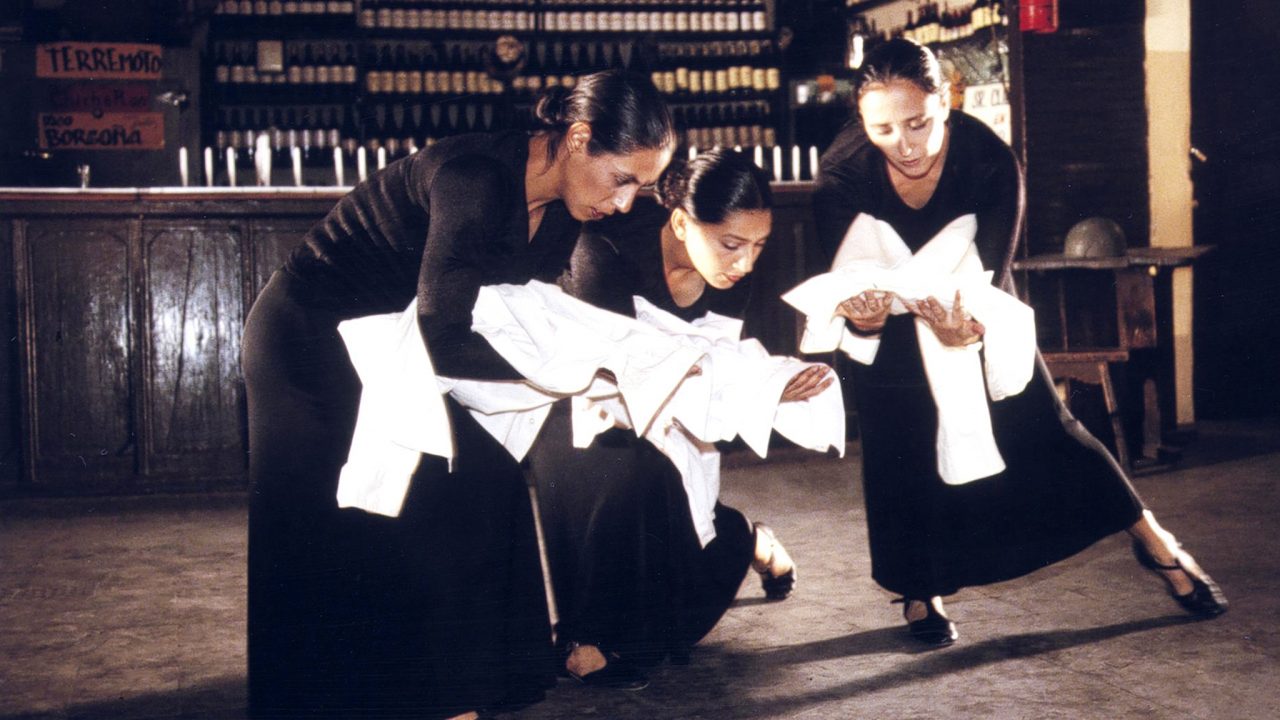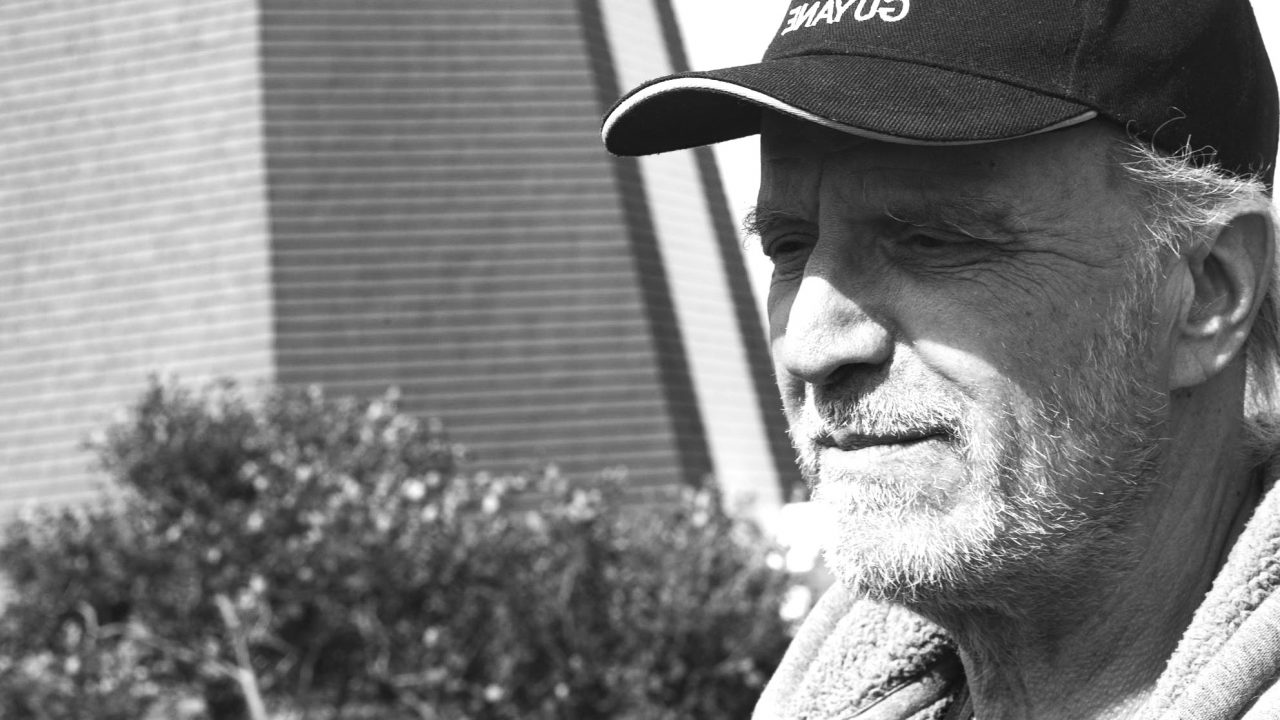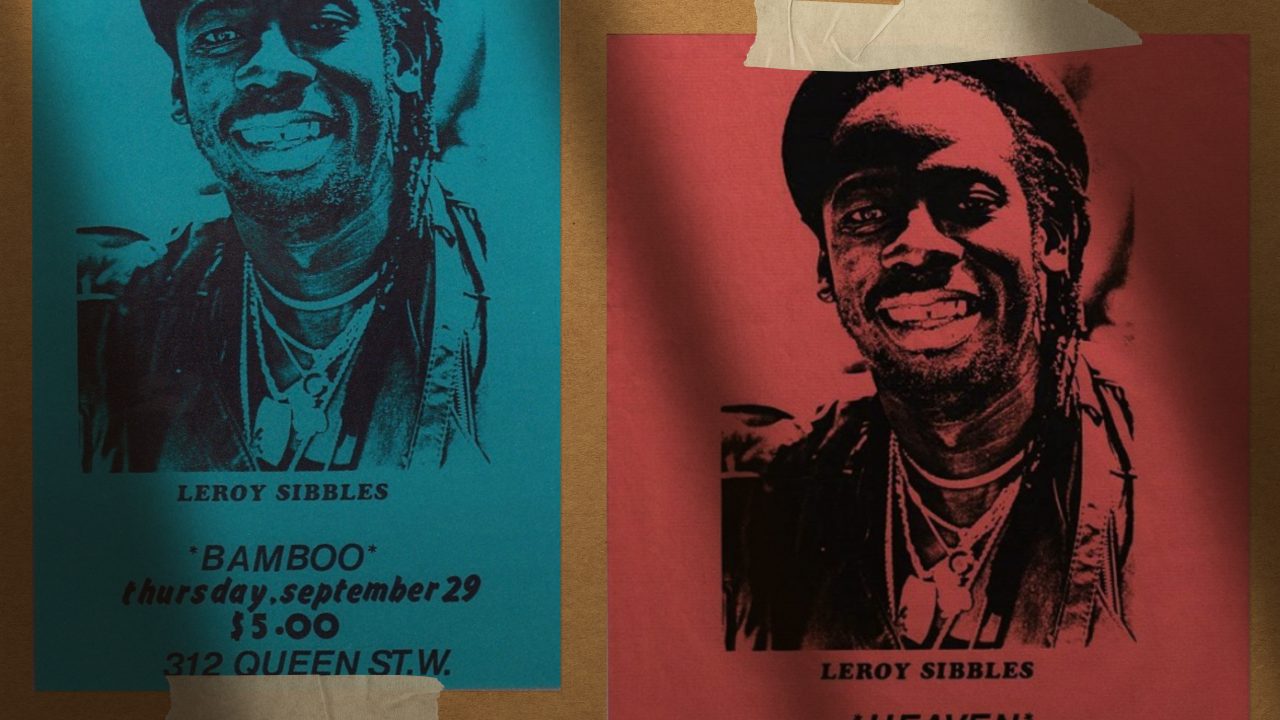
A New Wave of Latina-Canadian Cinema at the NFB | Curator’s Perspective
A New Wave of Latina-Canadian Cinema at the NFB | Curator’s Perspective
Although Latin-American women have been making films at the NFB since the mid-1970s (e.g., Chilean-born pioneer Marilú Mallet), it wasn’t until the last decade that a new wave of Latina-Canadian cinema emerged at the National Film Board of Canada.
To celebrate Latin American Heritage Month in October, this installment of Curator’s Perspective is going to shine the spotlight on the contemporary work of Latina-Canadian filmmakers. More specifically, the filmmakers whose work is discussed in this blog post identify as women and are either first-generation Canadians or were born in a Latin-American country (Costa Rica, Brazil, Venezuela, etc.). Most importantly, most of them recently directed an NFB-produced film.
To kick off this post, I invite you to watch Canadian-Costa Rican Bianca Shonee Arroyo-Kreimes’ My World, Your Melody (2024), a delightfully unsettling animated short in which a choir of tropical frogs performs infectious pop.
My World, Your Melody, Bianca Shonee Arroyo-Kreimes, provided by the National Film Board of Canada
Four Shorts from Two Mentorship Programs
My World, Your Melody is part of the collection of one-minute animated shorts made for the 14th edition of the for emerging Canadian filmmakers. Created in 2003 by NFB Animation Studio producer Michael Fukushima and executive producer David Verrall, Hothouse seeks to re-imagine ways of making animation that are faster and more flexible—and that celebrate the shortest of short forms while maintaining creative and technical excellence, all hallmarks of NFB animation. Filmmaker and illustrator Karla Monterrosa, who’s originally from El Salvador, participated in the 13th edition of this acclaimed program with her film Lo 100to (2022).
Lo 100to, karla monterrosa, provided by the National Film Board of Canada
The NFB is devoted to becoming a hub for young Canadian filmmakers. To that end, it recently formed another mentorship program, called Alambic, an experimental creative lab that offers the unique perspectives of emerging Canadian animators. Under this new program, Montreal animator Bren Lopez Zepeda, who is of Mexican descent, made the film Modern Alchemy (2022), a quest for self that centres on resilience, reconstruction and rebirth.
Modern Alchemy, Bren López Zepeda, provided by the National Film Board of Canada
Alambic (whose first edition took place in 2022) offers artists at the start of their careers the opportunity to create a film that’s under three minutes long (while the Hothouse program produces one-minute shorts). Brazilian filmmaker Beatriz Carvalho contributed to the first edition of Alambic with her poetic and sound-rich travelogue Solid Ground (2022), a personal journal that reveals the thoughts of an expatriate returning to her native land.
Solid Ground, Beatriz Carvalho, provided by the National Film Board of Canada
Saturday Night from a Latina-Montrealer’s Point of View
One of my favourite recent NFB releases is Saturday Night (2021) by Rosana Matecki. Narrated by the Venezuelan-born filmmaker herself, this 15-minute short recalls how the collective mourning of Leonard Cohen’s death gave her a sense of belonging to Montreal for the first time, as she crossed paths with other Latin-American immigrants also seeking an intimate connection with their adoptive city. This is a doc about the bittersweet feeling of aging in a Canadian city, captured through the eyes of a Latinx-Canadian/Quebecer filmmaker.
Saturday Night, Rosana Matecki, provided by the National Film Board of Canada
Saturday Night, which had its world premiere at the Toronto International Film Festival, takes place almost entirely inside a ballroom, where Latin Americans and Canadians gather to dance the tango, in a city that seems to be undergoing constant and endless construction. From beginning to end, all the characters appear to be moving—not necessarily dancing, but performing their own personal rituals. The film’s moody tempo and the characters’ intimate revelations—as well as the theme of fear of solitude—sparked personal memories of my own experiences living in Quebec and made the film all the more compelling to me. Although the camera work, sound design and constant movement of the characters are all impeccable, the editing is what keeps the film together, as it creates a rhythm that immerses audiences in the director’s emotive voiceover. Truly a must-watch Latinx-Canadian NFB film!
Two Productions That Experiment with Film Form
Nadine Gomez’s As Night Descends (2020) is a film essay composed of two elements: a soundtrack featuring the thoughts of French Canadian sociologist and political thinker Jean Pichette, and glimpses of everyday life from an unseen protagonist, which make the images seem like found footage. This film could be described as a lucid encounter between Chris Marker and Jonas Mekas. Made during the pandemic, As Night Descends afforded this Mexican-Canadian filmmaker the opportunity to rethink our modes of existence and our relationship to others.
As Night Descends, Nadine Gomez, provided by the National Film Board of Canada
Last but not least on this contemporary journey through the eyes of Latina-Canadian filmmakers, Tamara Segura’s Song for Cuba (2014) is about the reminiscences of a young Cuban couple charting a new course for their lives on an island in the North Atlantic (Newfoundland and Labrador). The film also includes archival footage shot in 2000s Cuba, as well as some Cuban music classics that evoke the Caribbean in all its beauty. Song for Cuba is not only the Canadian directorial debut of this Cuban-born director—it’s the film that launched this new wave of Latina-Canadian filmmakers at the NFB. Segura wrote, directed and played one of the main roles in the film, which premiered at Halifax’s Atlantic Film Festival in 2014.
Song for Cuba, Tamara Segura, provided by the National Film Board of Canada
Latina-Canadian Cinema at the NFB
Born in Santiago de Chile, Marilú Mallet is a multi-award-winning Canadian-Chilean director and one of the most important female filmmakers of the Chilean diaspora. She permanently settled in Canada after the 1973 coup against Salvador Allende. During a career spanning more than half a century, she has directed five NFB films in total, including La Cueca Sola (2003), a feature-length documentary about five women who suffered under the Pinochet dictatorship and emerged as heroes under democracy. The award-winning film screened at 15 festivals around the world.
La Cueca Sola, Marilú Mallet, provided by the National Film Board of Canada
This blog post is the result of research I’ve been doing over the last two years (see also “Latinx-Canadian Cinema at the NFB”) on the different phases of NFB Latinx-Canadian filmmaking since 1945, with the goal of promoting the arts and culture of the underrepresented Latin-American community in Canada.
To accompany these posts I’ve curated NFB channels such as NFB Abroad: Latin America on Screen, through which viewers can discover a selection of NFB films made in Canada and across Latin America, illuminating the region’s people, arts and culture. This year we’ll also be featuring Latina-Canadian films on our channel Latinx-Canadian Cinema, which documents and celebrates the artistic contribution of Latinx Canadians over the decades.
Enjoy!



